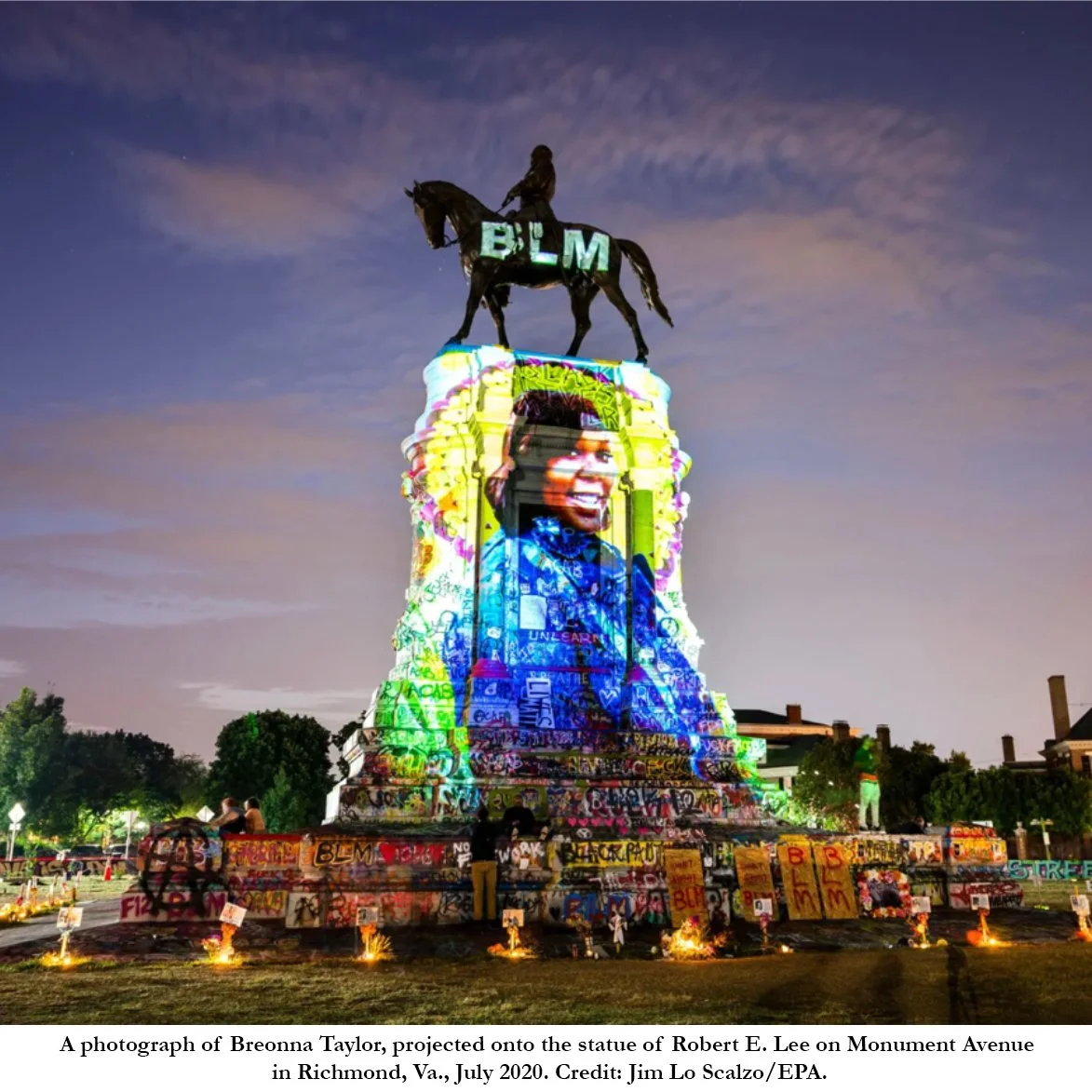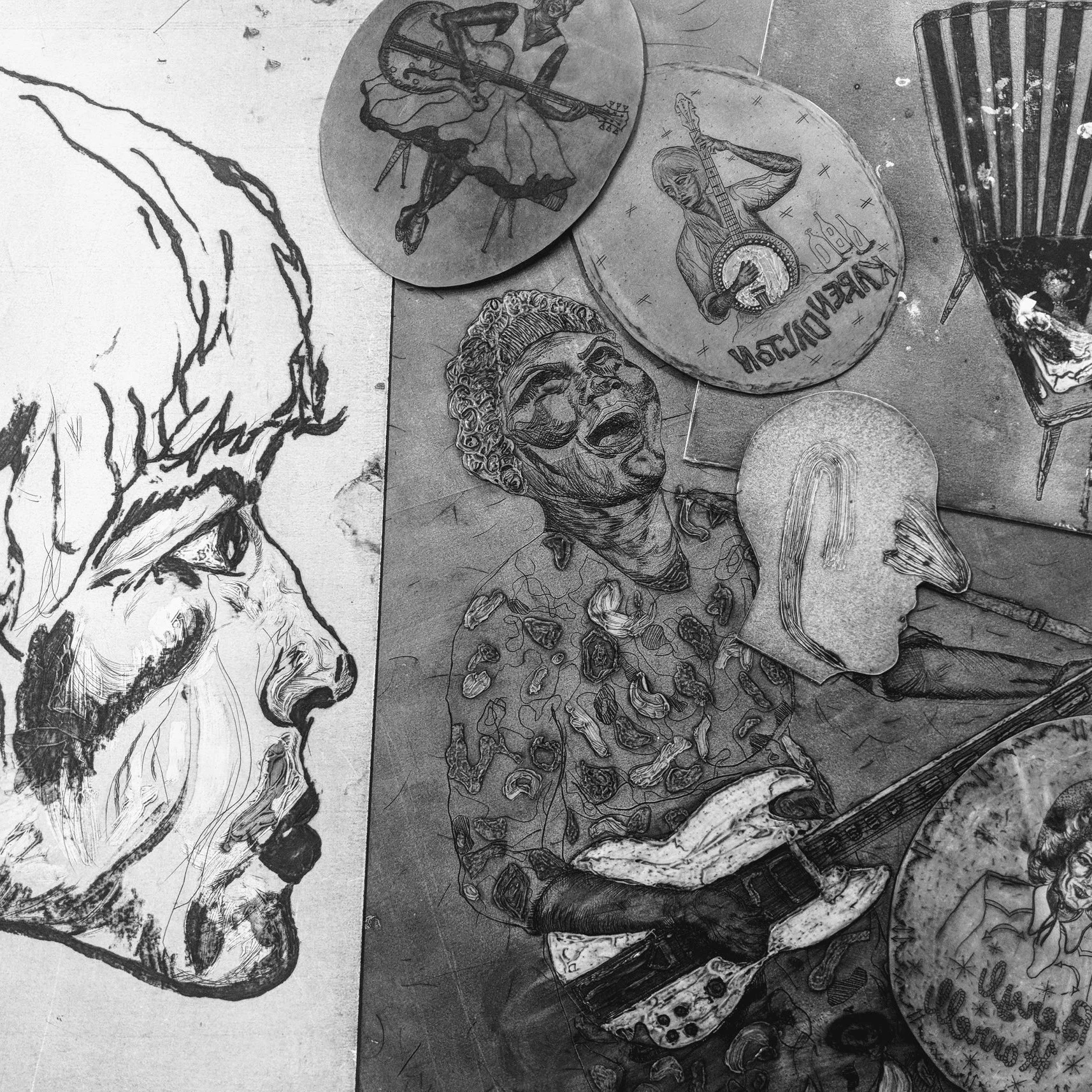Flexible Access is a program focused on providing continuing education opportunities through pay-what-you-can visual art courses for ages 17 and up.
In 2022, ALH kicked off a multi-year initiative to re-imagine the role of an Art League School to foster radical imagination, reduce economic barriers to art education and impact positive social change through the arts. This program marks the start of a larger initiative to prioritize arts access and equity taking place at the ALH school.
HOW TO REGISTER
All school registration can be made over the phone during our office hours, online, or by contacting the school email. Contact the ALH School for more information at school@artleaguehouston.org or 713.523.9530 ext. 3.
Phone: Students may register by calling Art League Houston at 713-523-9530 ext. 3 during regular office hours: Monday – Thursday, 9:00 AM – 5:00 PM.
Email: Provide contact information to best reach you at (include name and phone) to school@artleaguehouston.org (use the subject line - Art League School: Flexible Access Registration)
Online: Students can register the pay-what-you-can options available online.
MORE INFORMATION
Please note: Flexible Access courses have limited seating. Once registered, attendance to these courses is highly encouraged. All courses take place at Art League Houston unless noted otherwise. Membership discounts are not applicable to Flexible Access courses. Before registering for any class, students must carefully read the Art League School policies by clicking here. By registering for a class at Art League Houston, you agree to the Art League School policies (please review terms and conditions before registering, which are subject to change).
SPRING 2026
Instructor - Max Tolleson
All Levels
Wednesday evenings, 6:30 PM - 8:30 PM
April 8 - May 20
7 weeks
$325 public / Pay-What-You-Can
Studio 3
How have artists participated in social movements of the twentieth and twenty-first century? Why do certain creative tactics and visual forms of resistance gain traction and persist? What can artists of the past teach artists of the present about activism and dissent? In this seven-week lecture course we will study social movements across geographies, paying close attention to the visual forms they utilize. The course will cover a wide range of subjects from graffiti and murals to billboards and street performances, film and video, collage and printmaking, photography and sculpture, social practice and social media. Students will complete the course with a broad understanding of the role artists have played within social movements.
This program has limited seating. For Flexible Access courses, ALH requires students to attend 70% of the scheduled classes. Failure to do so will place the student in a 6-month waitlist for future Flexible Access courses. Membership discounts are not applicable to Flexible Access courses. If a payment option isn’t available, contact the ALH School during office hours for assistance. By registering for a class at Art League Houston, you agree to the Art League School policies (please review terms and conditions before registering).
Instructor - Peter Broz
All Levels
Thursday evenings, 6:30 PM - 9:30 PM
April 9 - May 21
7 weeks
$450 public / Pay-What-You-Can
Studio 2
Depicting the human face has been a subject of fascination for centuries. Even with the development of photography, hand-drawn portraiture continues to be a relevant and expressive form of art. This course is meant to encourage your curiosity and help you better understand the underlying anatomy of the face and how to achieve accurate proportions.
The goal of this 7 week course is to make drawing portraiture less daunting by using systematic methods that encourage students to tackle any obstacles they may encounter. Students can expect individualized feedback throughout the course, as it can be very helpful in the learning process. We will be working from live models in both short and long pose formats. By simplifying the face to its most essential components, students will be able to create a solid foundation with proportions in mind. We will be using both graphite pencil and color pencil on white drawing paper as well as toned paper.
By the end of the course students will be able to more confidently render the face with a clear set of strategies and objectives in mind.
This program has limited seating. For Flexible Access courses, ALH requires students to attend 70% of the scheduled classes. Failure to do so will place the student in a 6-month waitlist for future Flexible Access courses. Membership discounts are not applicable to Flexible Access courses. If a payment option isn’t available, contact the ALH School during office hours for assistance. By registering for a class at Art League Houston, you agree to the Art League School policies (please review terms and conditions before registering).
Instructor - Tess Doyle
Beginner / Intermediate
Saturday mornings, 9:30 AM - 12:30 PM
April 4 - 25
4 Weeks
$295 public / Pay-What-You-Can
Studio 1
This workshop introduces collagraph printing on paper, using textured Sintra plates. Participants will explore intaglio and drypoint printmaking methods with non-traditional materials, focusing on texture, line, and image-building. Students will create prints that can utilize fine linework, painterly marks, and a variety of textures. Open to beginners, returning artists, and those eager to experiment in a studio setting.
This program has limited seating. For Flexible Access courses, ALH requires students to attend 70% of the scheduled classes. Failure to do so will place the student in a 6-month waitlist for future Flexible Access courses. Membership discounts are not applicable to Flexible Access courses. If a payment option isn’t available, contact the ALH School during office hours for assistance. By registering for a class at Art League Houston, you agree to the Art League School policies (please review terms and conditions before registering).
Instructor - Frida Rodriguez
Beginner / Intermediate
Saturday afternoon, 1:00 PM - 4:00 PM
April 11
1 Day
$135 Public / Pay-What-You-Can
Studio 2
This hands-on workshop introduces students to creating animated GIFs entirely made by hand. Participants will design/use a picture, hand-cut, and sequence pixel-based artwork using paper, then transform their physical compositions into looping digital GIFs. The class explores the relationship between tactile making and digital animation, encouraging experimentation, imperfection, and play.
This program has limited seating. For Flexible Access courses, ALH requires students to attend 70% of the scheduled classes. Failure to do so will place the student in a 6-month waitlist for future Flexible Access courses. Membership discounts are not applicable to Flexible Access courses. If a payment option isn’t available, contact the ALH School during office hours for assistance. By registering for a class at Art League Houston, you agree to the Art League School policies (please review terms and conditions before registering).




